Abidjan-Lagos Corridor Highway project game changer — Dr Bawumia
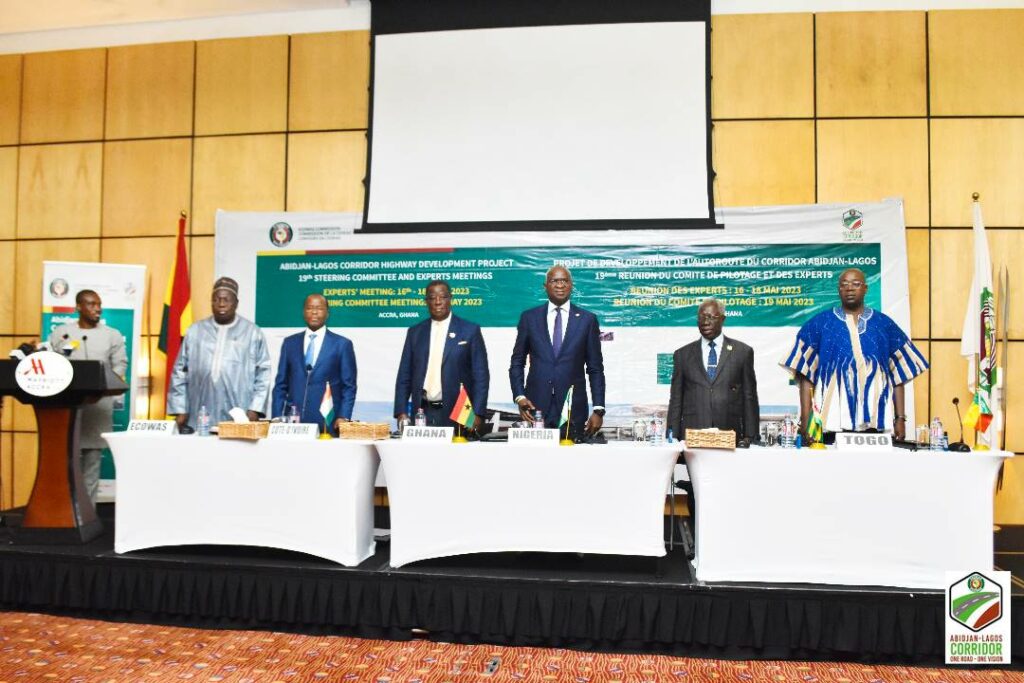
The Vice-President, Dr Mahamudu Bawumia, has urged the five countries involved in the Abidjan-Lagos Corridor Highway Development Project to ramp up the mobilisation of resources for the project to take off.
He said the prompt execution of the 1,028-kilometre road project was critical for sustainable development in the sub-region as it would improve transportation and facilitate commercial activities, particularly in the wake of the implementation of the Africa Continent Free Trade Area (AfCFTA).
The Vice-President made the call in a speech read on his behalf by the Senior Advisor to the President, Yaw Osafo-Maafo, at the opening session of the 19th ministerial steering committee meeting of the Abidjan-Lagos Corridor Highway Development Project in Accra.
The meeting is made up of ministers responsible for Road and Infrastructure in the five corridor member countries – Benin, Cote d’Ivoire, Ghana, Nigeria, and Togo. For about 10 years now, the steering committee has been working on issues such as drawing up of the legal framework to guide the process of building the road infrastructure, harmonising the technical standards and specifications, raising funds,
and procurement for various stages of the project.
Government priority
Dr Bawumia observed that with most of the preparatory works already done, the time had come for the countries involved in the project to be more committed to its commencement. He stressed that the Abidjan-Lagos Corridor Highway Project was on the priority list of the government because it would be a game changer in terms of trade facilitation. “We keenly look forward to the day that the sod will be cut for the commencement of works,” he said.
The Vice-President added that the integration of the rail infrastructure and industrial zones along the corridor would help the sub-region to achieve the full potential of the highway project. For his part, the Minister of Roads and Highways, Hon. Kwasi Amoako-Attah, said the cost of compensation needed to be quickly assessed and funds made available to secure the Right of Way as quickly as possible before the project commenced.
He said Ghana had finished sensitisation of communities along the proposed route for the highway project and, it was evident that the chiefs and people were expectant of work to begin. However, he observed that it was imperative to pay compensations promptly because the inability to do that had the potential to stall the progress or work.
Optimism
He expressed the optimism that with more commitment by the steering committee
and other stakeholders, the project would be delivered. “The task of developing this corridor highway project going through five countries is a daunting task, however, I am convinced that given the commitment shown by our steering committee, ably supported by the team of experts, we shall deliver this project to the benefit of ECOWAS,” he said.
The Chairman of the Abidjan-Lagos Corridor Highway Project, Babatunde Raji Fashola, said the committee had been diligent in the discharge of its responsibility. The Nigerian Works and Housing Minister said the committee had laid a solid foundation for the implementation stage of the project. He said the foundation had been laid for the highway to be constructed in line with current environmental and development dynamics such as the global climate crisis and sustainability issues. Mr Babatunde called on the ECOWAS Commission to intervene to bring Benin back to the planning table so that the project could be implemented holistically.
Background
At the 42nd Ordinary Summit of the Heads of State of ECOWAS held in 2013, member countries formally approved the construction of a homogenous highway corridor to link five countries – Ghana, Benin, Togo, Nigeria and Cote d’Ivoire.
The 1,028-kilometre Abidjan-Lagos Corridor carries more than 75 per cent of trade volume in West Africa, links vibrant seaports, and serves all the landlocked countries in the region-Burkina Faso, Mali and Niger.
Ghana’s 520-km stretch of the project spans Yamoransa-Aboansa and Aburi-Afineya. The $15.6 billion project is expected to be financed through a Public Private Partnership Agreement .
The project preparation and technical studies is being funded by the African
Development Bank, European Union and the ECOWAS Commission.
Recent Posts
- Government to Release GH¢4bn to Resume Stalled Road Projects
- Prez Mahama is Committed to Open-up Afram Plains once and for all” – Hon Agbodza
- Hon Agbodza inspects work on Buipe, Yapei Bridges
- Hon. Agbodza explores Partnerships with Local Banks to Fund Road Projects
- ROADS MINISTER INAUGURATES A 5-MEMBER COMMITTEE TO REVIEW ACTIVITIES OF AXLE LOAD OPERATION IN THE COUNTRY
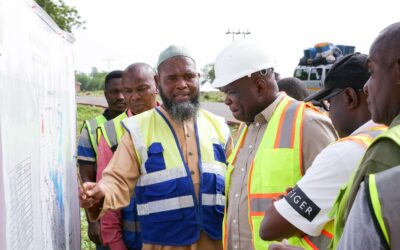
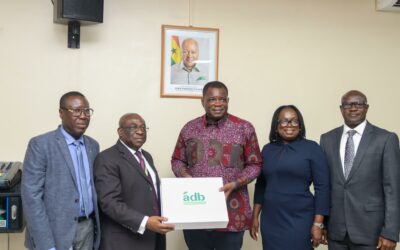

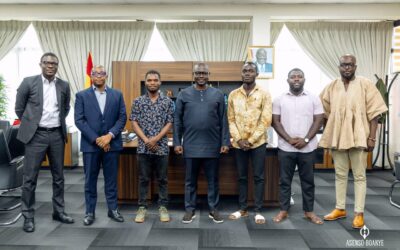
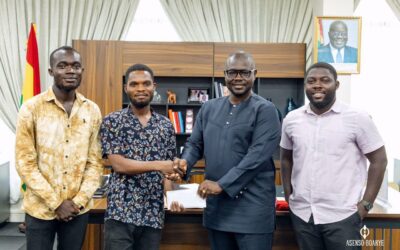
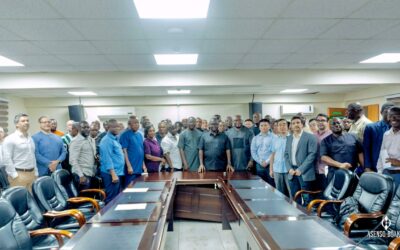
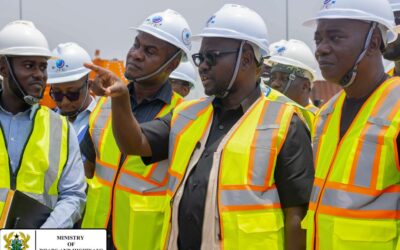
Recent Comments